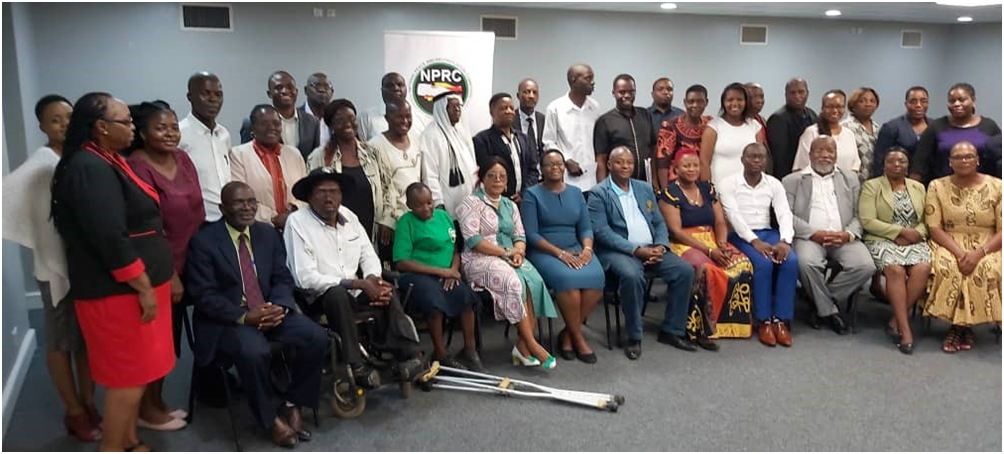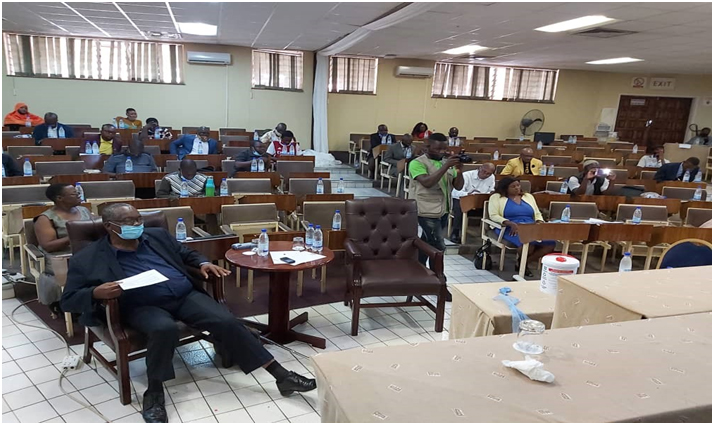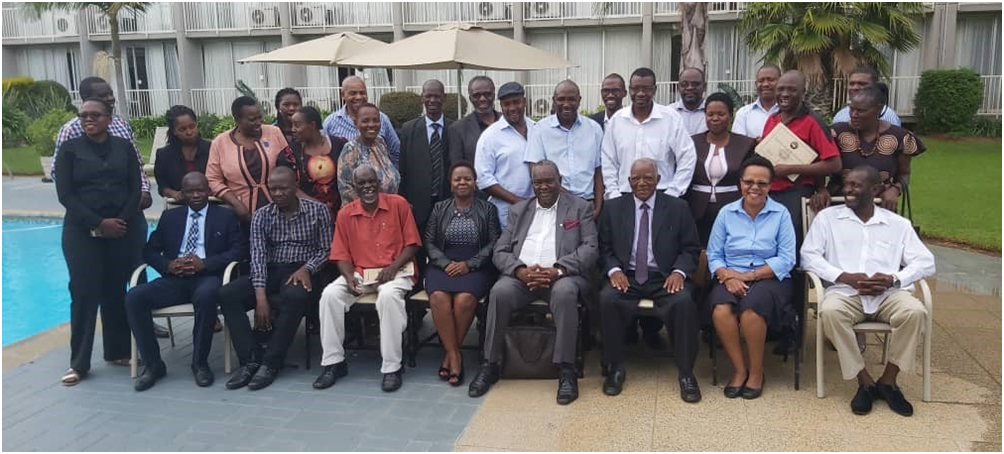 Provincial Peace Committees
Setting up sustainable structures for the prevention and resolution of conflict within communities in Zimbabwe
Provincial Peace Committees
Setting up sustainable structures for the prevention and resolution of conflict within communities in Zimbabwe

Challenges
Towards a Solution
The Provincial Peace Committees initiative is supported by the United Nations Peacebuilding Fund and the United Nations Development Programme (UNDP) and implemented by national partners, specifically the National Peace and Reconciliation Commission, a constitutionally mandated body dealing with issues of national healing, truth and reconciliation and conflict prevention, management and transformation.
The initiative undertakes conflict prevention and resolution interventions in Zimbabwe that are home grown, localized and context-specific in addressing provincial peculiarities, while ensuring that community approaches to participatory inclusion are modelled in the related solutions. This entails strengthening local capacities to investigate and handle complaints, while feeding into a broad peace architectural design on citizen engagement, dispute resolution and national healing.
South-South learning, facilitated by UNDP with the engagement of experts from Ghana, Kenya and South Africa, contributed to the development of a decentralized system to enhance conflict prevention, management and transformation within Zimbabwe’s ten provinces. Experts consulted were former members and commissioners of truth and reconciliation commissions who had overseen truth, healing and reconciliation initiatives in their home countries. The South-South exchanges mainly focused on conflict early-warning and early-response mechanisms and their importance in maintaining peace and the significant role of public hearings as a tool for national healing and reconciliation. The National Peace and Reconciliation Commission secretariat and members of Provincial Peace Committees, which included civil society organizations, faith-based organizations, academia, community leaders, political parties, gender activists and youth representatives, participated in the knowledge exchanges.
Ten Provincial Peace Committees were established by the National Peace and Reconciliation Commission in 2019, each with around 30 members ensuring a wide representation base, including at-risk populations, such as persons with disabilities, women and youth. Through the initiative, the Provincial Peace Committees are supported to be key referral points for addressing peculiar perennial issues experienced in each province and communities gain first-hand knowledge of their peculiar problems.
Following the success of the Provincial Peace Committees, local chapters have been created that contribute to systematically monitoring the prevailing environment and setting off conflict early warning and response. Entrusting communities to be custodians of peaceful environments in the provinces contributes to the sustainability of the project. The Provincial Peace Committees also provide an operational window for the National Peace and Reconciliation Commission, which currently does not have offices in the main Zimbabwean cities, by allowing it to decentralize its services through an agreed partnership.
Contact Information
Countries involved
Supported by
Implementing Entities
Project Status
Project Period
Primary SDG
Secondary SDGs
Similar Solutions
| NAME OF SOLUTION | Countries | SDG | Project Status | |
|---|---|---|---|---|
Accelerating the Implementation of African Union Treaties in São Tomé and Príncipe South-South learning from the Beninese judicial system’s experience in the application of human rights treaties to its national law |
Ghana, Kenya, South Africa, Zimbabwe | 05 - Gender Equality | Completed | View Details |
Accelerating the Transformational Shift to a Low-Carbon Economy in Mauritius Towards supplying 35 percent of the country’s energy needs with renewables by 2025 |
Ghana, Kenya, South Africa, Zimbabwe | 05 - Gender Equality 09 - Industry, Innovation and Infrastructure 13 - Climate Action | Ongoing | View Details |
Accessible Digital Textbooks Promoting inclusive education through Accessible Digital Textbooks |
Ghana, Kenya, South Africa, Zimbabwe | 10 - Reduced Inequalities | Completed | View Details |
Access to Justice through e-Services and Dematerialized Case Management Scaling up connectivity and unlocking the digital potential of judicial institutions to enhance access to justice for all |
Ghana, Kenya, South Africa, Zimbabwe | 05 - Gender Equality | Completed | View Details |
Action Plan on Gender Equality and the Empowerment of Women at the National Level in the Arab Region Mainstreaming gender action within national institutions in the Arab region |
Ghana, Kenya, South Africa, Zimbabwe | 05 - Gender Equality | Completed | View Details |


